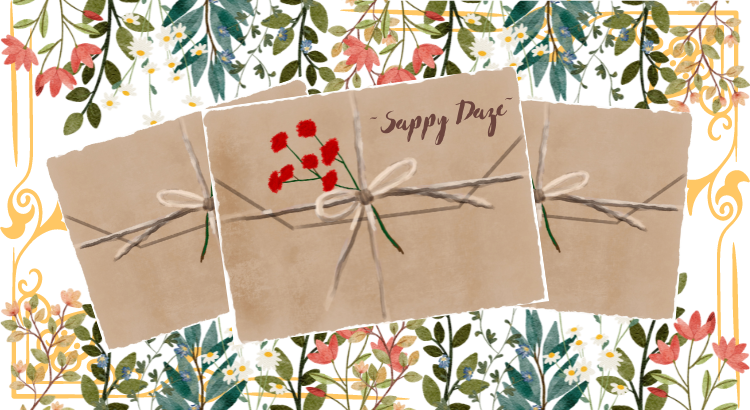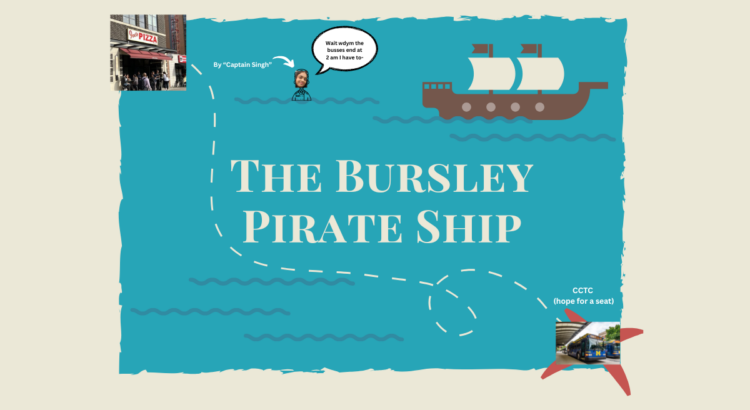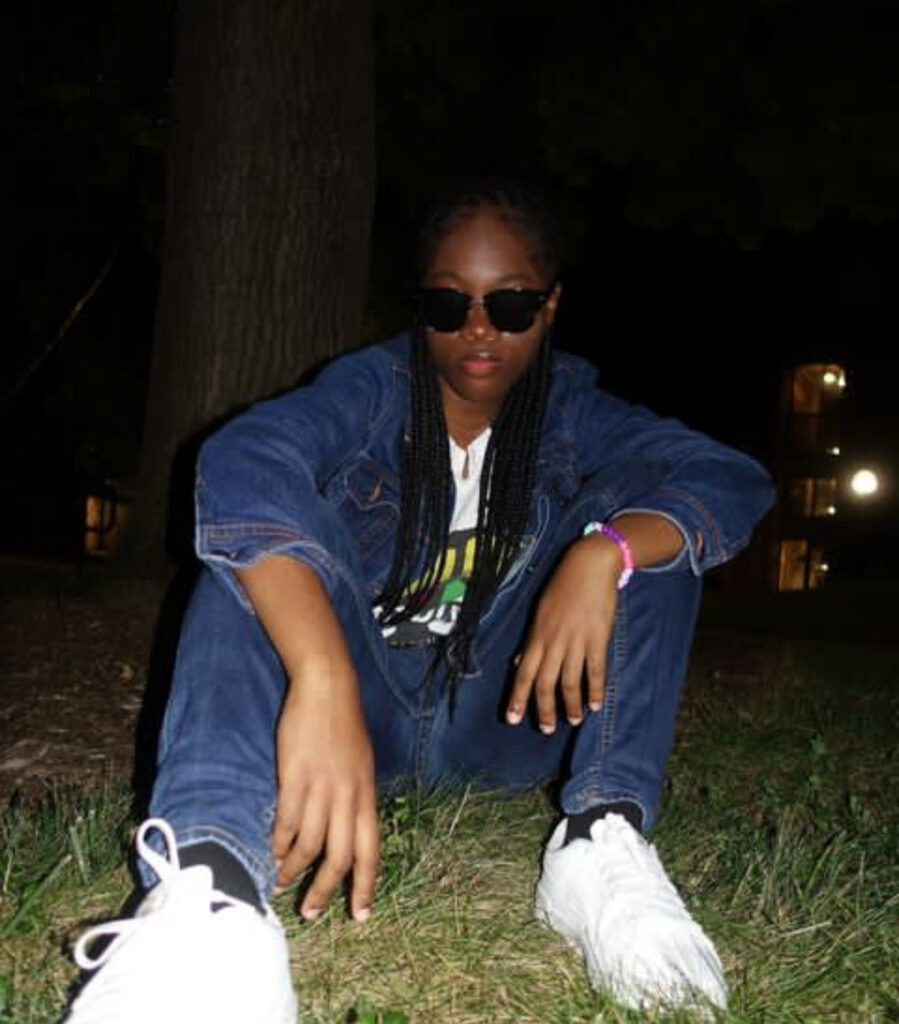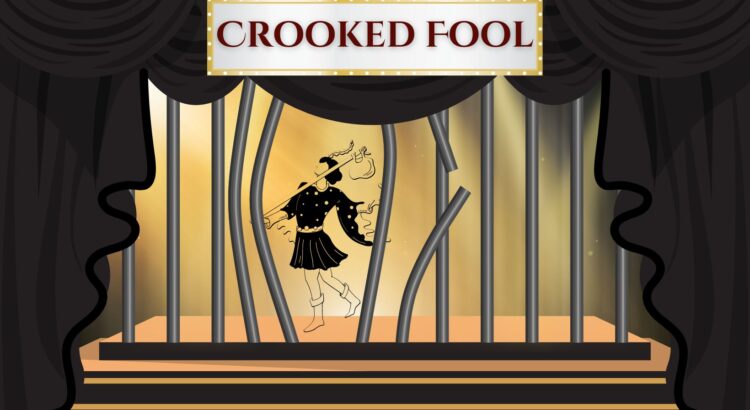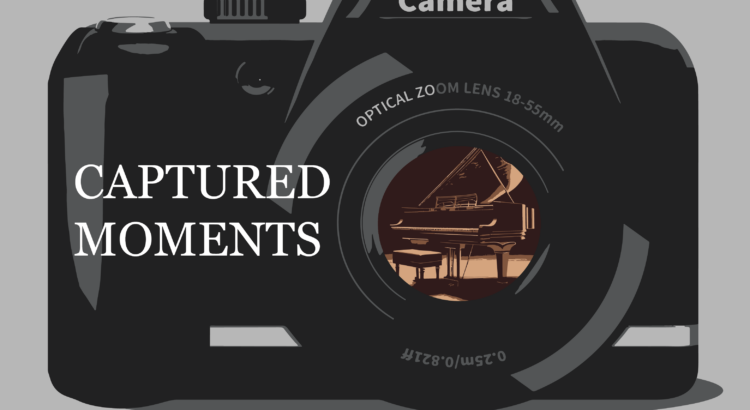
Dear Modernity,
The other day I saw the most beautiful couple.
This woman, a trailing bright blue coat and chestnut brown ringlets tight on her scalp, walking hand in hand with her son. The father, plainly dressed and hurrying to cross the street, caught up with them, only to join their connection. Handfuls of hands testing their strength as they lifted their son up and down, and up and down, and up and down, until he broke out of their love with laughter. I thought how wonderful it is to be able to love without thought.
There is a certain trace of grief felt when you realize your wants and needs have changed. And changed so fundamentally that you can never go back. The journey lies in objectivity and progress, but flips your insides out with an ease that you can only call growth. It begs for you to notice.
I want to be happy in the way that the river flows and finds constant peace in its unending motion. In the way that trees turn red, yellow, orange, and bare, just to come back alive in the spring, knowing that they were never really gone at all. In the way that the goose, swimming against the current, knows it will make it home at the end of the night. I want to be enveloped and protected by nature, and return to dust feeling completely whole. Even the rock that weathers against the tide locates itself under my step scrunched.
The question now is: when will it happen?
Whenever it does, I imagine that day to the one day of my life where there is no doubt and no hurt. There is only divine femininity and blue jays singing their songs as the river continues to run and never stop. The baby squirrels will only burrow under the leaves with acorn gifts for their mothers. Huitzilopochtli crystalizing me for the rest of time.
With hope,
V.L.A.
P.S. Adrianne Lenker – Already Lost.

